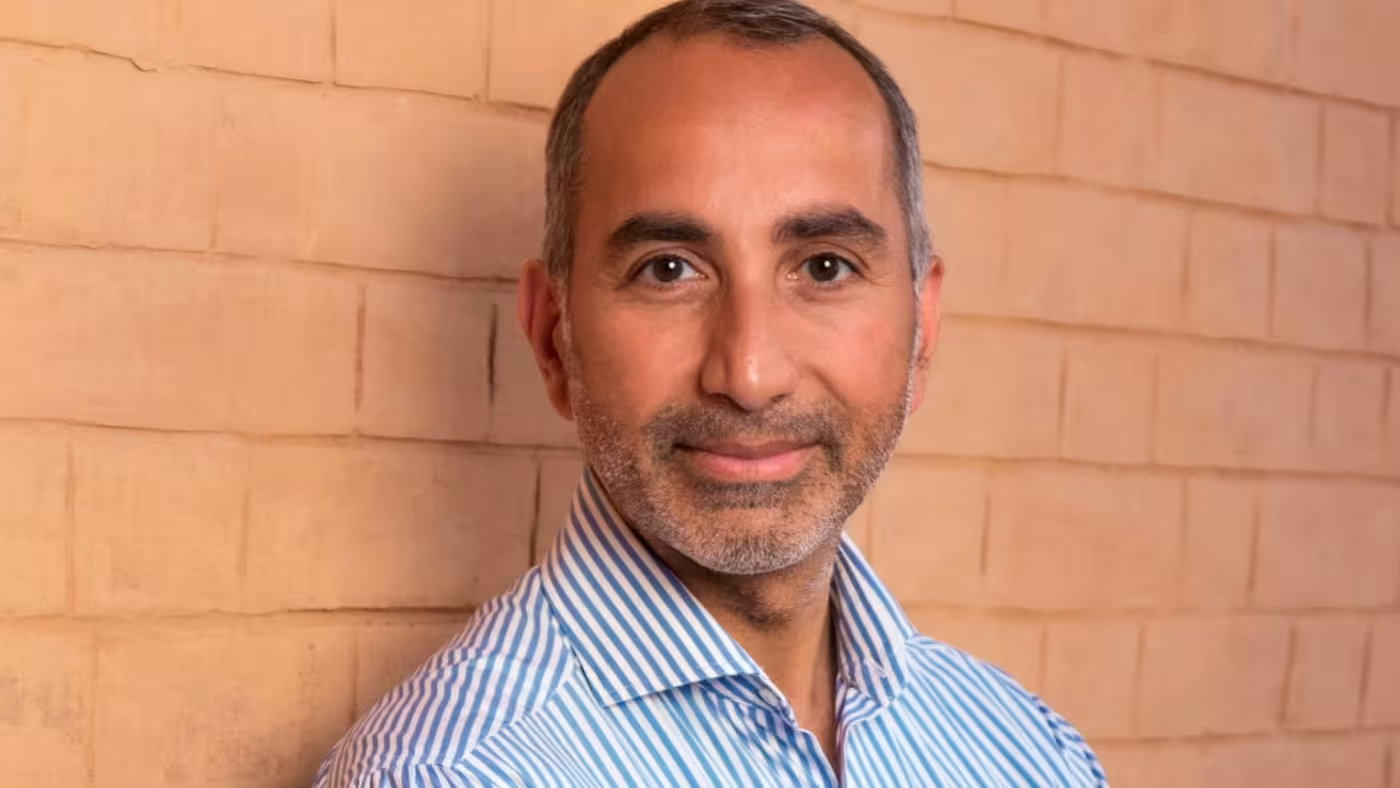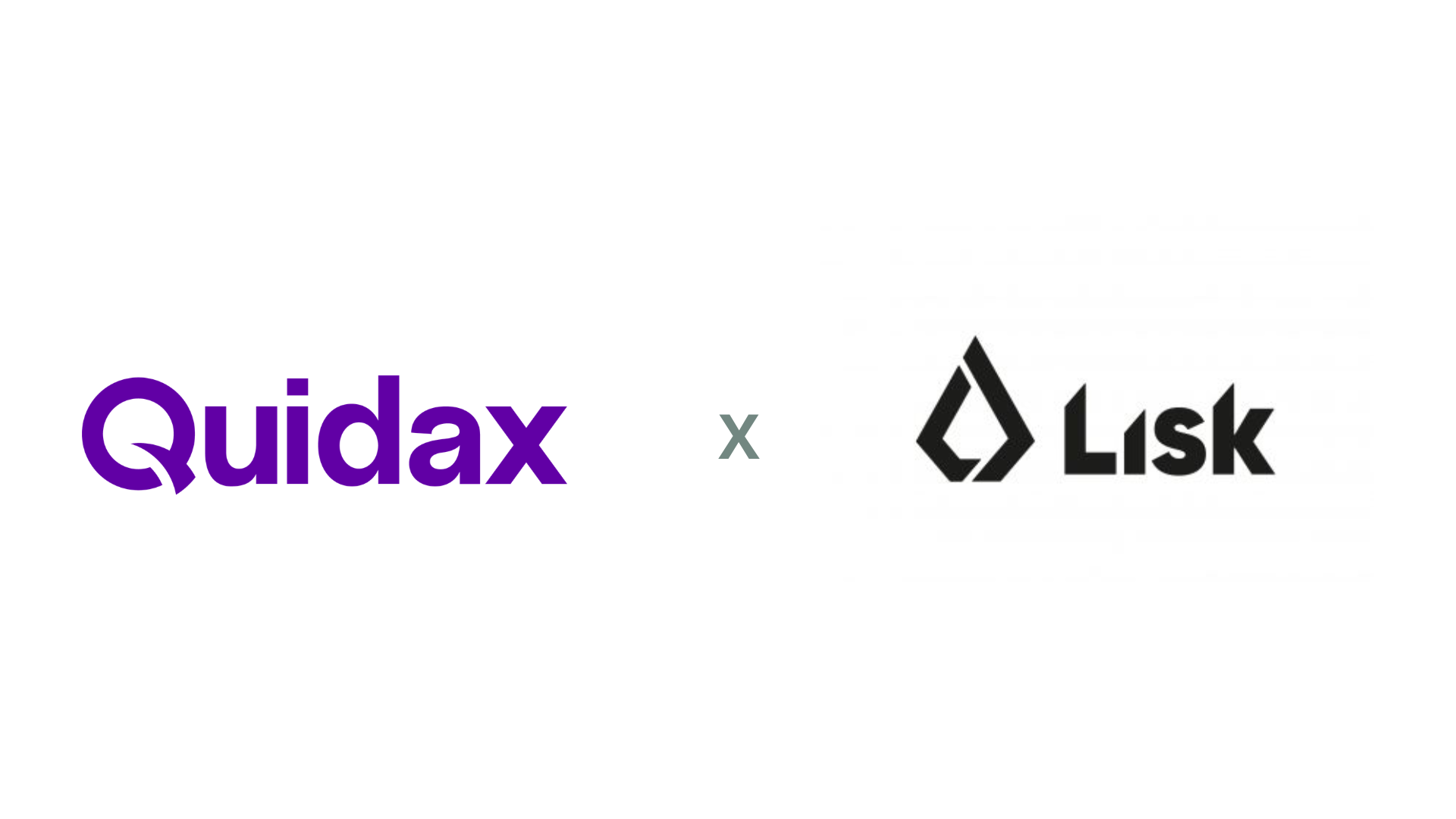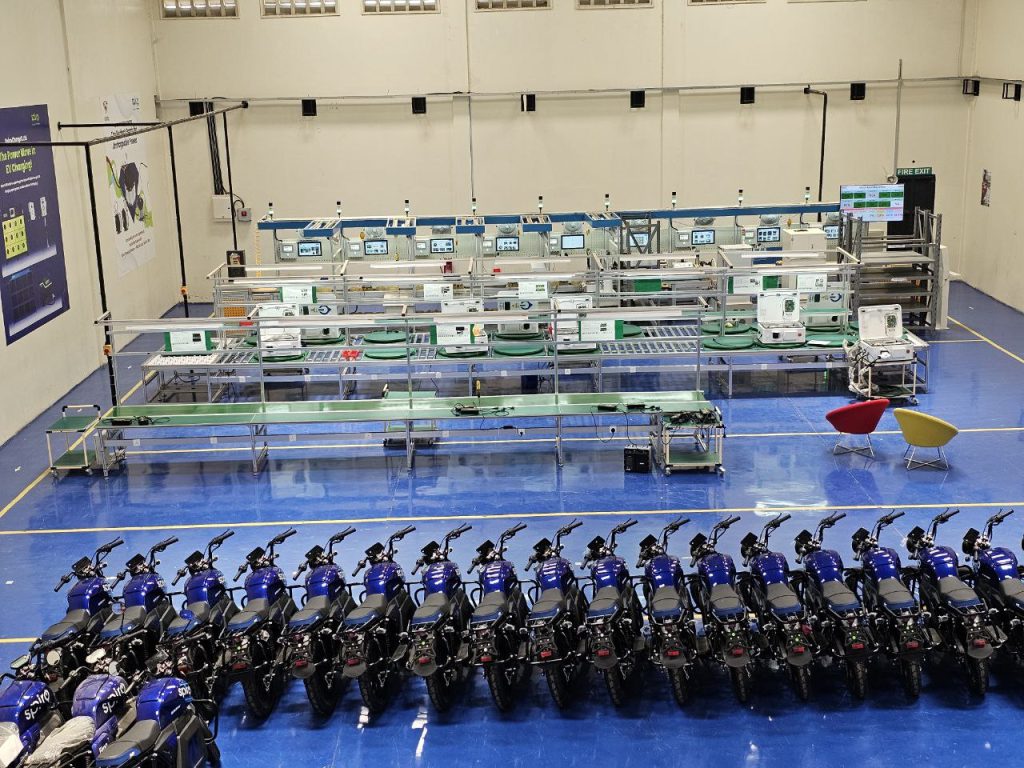At the peak of 2021 crypto optimism, experts argued that Africans had to participate in the crypto economy, create products, and educate a continent of young people on a future that Web3 was sure to dominate. Those arguments led to the launch of startups like Mara (CoinMara Inc), a pan-African exchange that set out to “build Africa’s crypto economy.”
Founded by Chinyere ‘Chi’ Nnadi, Lucas Llinás Múnera, Kate Kallot, and Dearg OBartuin in 2021, Mara was a hit with investors. In May 2022, it raised $23 million from Alameda Research, the trading arm of FTX, Coinbase Ventures, and 100 other investors at a pre-money valuation of $70 million.
In a stunning reversal of fortunes that took only two years, Mara ran out of cash, with CEO Chineyere Nnadi registering a new entity named Jara in early 2024. Two cofounders who left the company in early 2023 claim that Nnadi only established the new company, Jara to avoid responsibility for Mara’s liabilities.
“Mara could have been something extraordinary, but its CEO took it down a dark and rotten path,” those co-founders said in a note to investors.
Chinyere Nnadi did not respond to multiple requests for comments for this article.
A promising start for Mara
Flush with funding in 2022, Mara began building a crypto wallet and a layer-1 blockchain backed by Mara tokens. According to Mara’s leadership team, everything was on track when Mara Wallet launched in February 2023 with “4 million verified users.” The company also touted its community of users earning Mara tokens for educating others about crypto.
Like many startups that raised money at the height of the Zero Interest Rate Phenomenon (ZIRP) in 2021, Mara incinerated cash at an extraordinary pace, according to internal documents seen by TechCabal.
It lost $15.9 million in 2022, according to a copy of an audited financial statement sent to investors. It didn’t report revenue because it hadn’t launched a product in 2022 yet expenses were already astronomical. Mara spent $9.1 million on salaries, bonuses, and allowances. It had 130 employees, said one person with knowledge of Mara’s operations.
“We [paid high salaries] to attract talent [from well-paying companies like Apple and competitors like Yellow Card] but they didn’t always deliver,” Nnadi wrote in an investor report, acknowledging the company’s cash burn during its growth phase.
With $5 million left in cash by the end of 2022, Mara began fundraising talks in 2023.
Failure to raise follow-on funding worsened problems
Mara’s timing could not have been worse. The end of ZIRP and the 2023 crypto winter made it difficult to raise cash. The departure of three of Mara’s cofounders effectively left only Nnadi running the company, and those exits spooked investors, one person claimed.
Despite speaking to several investors for a possible $2-5 million raise, nothing materialised.
Without fresh cash injection, Mara’s financial problems worsened. By June 2023, Mara had cut team size twice to save costs and seemed at risk of shutting down. One publication cited generous staff salaries and expensive marketing campaigns as big drains on the company’s resources.
It owed vendors who provided technical services like compliance and communications tools over $3 million, three people with direct knowledge of the situation said.
Those creditors are considering a Chapter 8/11 involuntary bankruptcy claim against Mara, according to communication seen by TechCabal.
Mara also faced problems with its Mara Wallet, despite its 4 million-users claim.
“At least 75% of the 4 million verified users Mara reported it had were fraudulent accounts,” one former executive said. “The financial incentive of the company’s referral program encouraged users to create fake Mara wallet accounts.“
Bogged down by financial problems and a poorly received Mara Wallet, Nnadi registered a new crypto company called Jara. By April 2024, Mara was no more, and in its place, there was Jara.
“Mara no longer exists,” said a Telegram message from an anonymous community manager, who urged the nearly 10,000 users in the Mara Telegram group to download the new Jara app—a non-custodial crypto wallet. Users were told, “The company’s investors are aligned with the new vision.”
Coinbase Ventures, one of its most prominent investors, did not immediately respond to comments.
Nnadi offered to transfer the equity of Mara’s institutional investors and the tokenised shares of nearly 100 individual investors to Jara, said two people familiar with the matter. He also claimed he invested $700,000 of his funds into Jara, the same people said.
The rebrand to Jara was to move past the “shoddy engineering work of the past and be more authentic to how Africans transact,” CEO Chinyere Nnadi told investors. In a separate memo, he also claimed an employee hired to work on the over-the-counter trading product stole $600,000 from the company’s first OTC transaction.
However, former Mara executives have questions that may blight Jara’s new start. They claim Nnadi spent company funds with little oversight and question how money was spent.
While the company’s 2022 financial statement showed directors earned a combined $2.6 million, it is unclear how much Nnadi drew as salary. Of five C-suite executives excluding Nnadi, three earned $170,000 each, a fourth earned $120,000 while another earned $600,000 annually. The combined earnings of those five executives were $1.23 million, suggesting Nnadi, the only executive whose salary was not disclosed may have earned as much as $1.3 million.
There are also questions about $500,000 donated to Mara Foundation, the startup’s non-profit arm. “The Swiss government has formally launched action against the Mara Foundation,” one former executive wrote to investors. TechCabal could not independently verify that claim.
At least two former executives also claim creating Jara is a way to avoid Mara’s liabilities.
Have you got your early-bird tickets to the Moonshot Conference? Click this link to grab ’em and check out our fast-growing list of speakers coming to the conference!





















